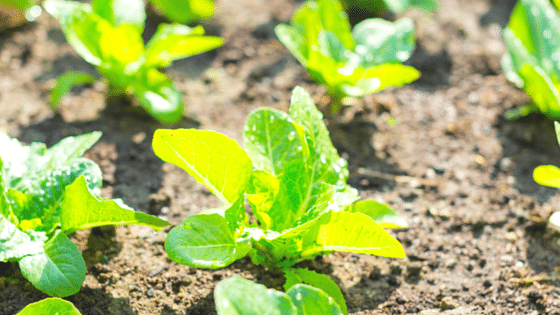
Organic veggies are not only healthy but also delicious. They are grown in a chemical free garden. Growing organic veggies is becoming more popular. The popularity is attributed to the increased awareness against chemically grown foods and the health benefits of home grown veggies. Starting an organic vegetable garden is not daunting. You just need to be dedicated, focused and patient.
Choose the ideal site
An organic vegetable garden cannot be created anywhere. You must choose the right location that will favor your plants. The site you choose should have adequate direct sunlight. However, if you cannot spot such a site in your garden, there are a good number of crops that can thrive without direct sunlight. If your area is windy, locate the vegetable garden near a wall or hedge to reduce the effects high winds can have on your growing vegetables.
Prepare the soil
To enjoy the best results ensure the soil is conditioned properly. Veggies thrive well under soils with sufficient fresh nutrients. Thus, it is advisable to get the soil tested before embarking on planting. This way, you know the type of soil in your garden, important nutrients that are lacking in the soil, and how to improve the soil quality. If you skip soil testing, ensure the soil is humus before planting. After achieving the right soil quality, avoid using harsh chemical fertilizers. They not only get into your food but also destroy the good soil bacteria, soil microbes and worms.
Choose the right plants
After setting aside the best site and preparing the soil, the next step is choosing the plants to grow. It pays to choose plants that thrive naturally in your area because they adapt easily to your region’s climatic changes. The plants ought to be well adjusted to the growth site in regards to moisture, light and soil quality. When buying seedlings, be sure to mention that you want organic ones. They should have been raised without chemical pesticides and fertilizers. Local farm markets not only have a wide range of organic veggies but also store native plants.
Deter pests without using chemicals
There are more appealing organic methods of deterring pests. For example, you can plant your veggies with significant number of flowers and herbs to make them stronger and more disease and pest resistant. Chives, garlic and basil are good at warding off pests. Moreover, lizards keep the snail population on check while frogs cull insects.
Watering
The best time to water plants is in the morning. However, during summer, the evaporation rate can be high. Therefore, drip irrigation is recommended. It is the most effective way of watering any garden while reducing the effects of evaporation. To avoid high water bills, recycle the waste water from washing machines and showers. They are stored and directed to the garden through underground pipes known as grey water systems.
With the current concern about the effects of ingredients used to manufacture chemical fertilizers and pesticides, it would be wise to invest in an organic veggie garden. You enjoy fresh and healthy products. Moreover, as described above an organic veggie garden is not hard to achieve.


